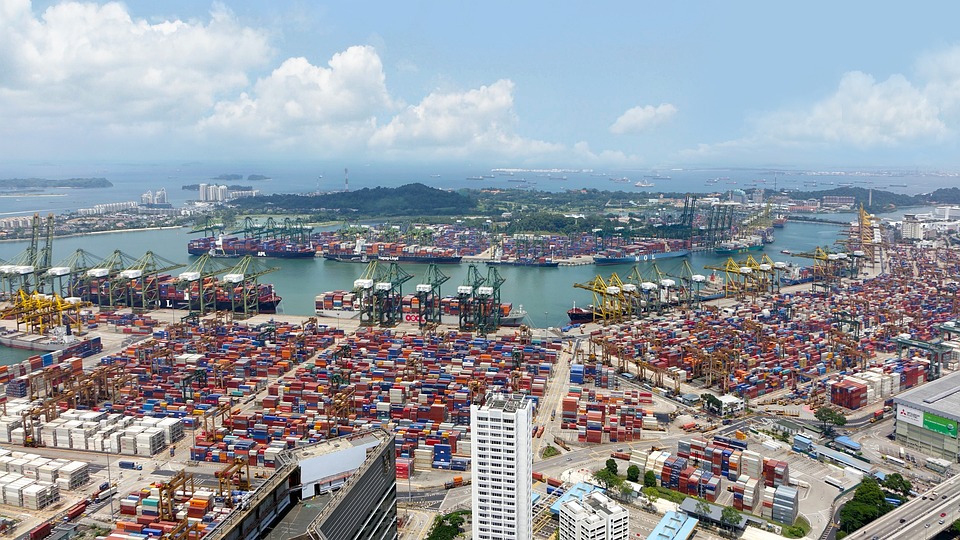
輸出代理店What specific tasks does the company actually take on?
As a vital link in international trade, professional輸出代理店The company primarily offers three core service modules:
- Trade Compliance Services
- HS Code Classification and Export License Processing
- Review of documents such as certificates of origin and quality certifications
- 輸出稅還付Declaration and foreign exchange verification procedures
- Logistics Coordination and Management
- International Transport Solution Design and Cost Optimization
- LCL/FCL Container Dispatch Management
- Pre-clearance Review Service for Destination Port Documentation
- Risk Control System
- 貿(mào)易用語(Incoterms? 2025) Compliant Application
- Professional Review of Letter of Credit Terms
- Exchange Rate Volatility Hedging Strategy Design
What is the difference between an export agent and a foreign trade company?
The core difference between the two lies in their service positioning:
- Export agencyAs a professional service provider, we do not engage in the transfer of goods ownership; we focus exclusively on delivering end-to-end solutions for the entire trade process.
- Traditional foreign trade companyTypically handling self-operated import and export business, it is both the trading entity and the executor.
According to 2024 data from the General Administration of Customs, approximately 73% of small and medium-sized export enterprises opt for the agency model, which can reduce compliance risks by about 40%.
How can you assess the professional qualifications of an export agency?
Selecting a partner requires a focused verification of:
- Official Certification Credentials
- Customs AEO-certified enterprise (priority given to Advanced Certified)
- FIATA (International Federation of Freight Forwarders Associations) Membership
- Hands-on industry experience
- Export case studies for specific product categories (e.g., medical devices requiring FDA registration experience)
- Successful customs clearance records in the target market (e.g., handling of EU CE certification documents)
- Digital service capabilities
- Real-time tracking system (e.g., interfaced with the customs single-window platform)
- Electronic Document Management System (compliant with WCO data standards)
How is the cost of export agency services structured?
Typical fee structure includes:
- Basic service fee(0.8%–1.5% of the contract value)
- Documentation Fee($200–$800 per order)
- Logistics Surcharge(Varies by shipping method)
2025 Industry Trends: Some agencies have begun adoptingPerformance-based betting model, allocating a portion of the service fee to輸出稅還付Tied to KPIs such as arrival time and logistics cost savings.
How can export agents help cope with trade frictions?
The core value proposition of a professional agency:
- Early warning mechanism: Push policy changes in the target market 60 days in advance
- Alternative: Optimization of Rules of Origin under the RCEP Framework
- Legal Support: Partner law firms provide support for anti-dumping defense
Typical case: A food-exporting company quickly adjusted its certificate of origin through an agency, successfully circumventing the impact of the EU’s newly implemented Carbon Border Adjustment Mechanism (CBAM) in 2025.
Which is more cost-effective: self-operated exports or entrusting an agent?
Decision-making requires comprehensive consideration:
- Annual export threshold: Companies with valuations under $2 million are advised to prioritize agency representation.
- Talent reserve cost: Self-operated requires a dedicated team of at least three professionals.
- capital turnover efficiency: Professional agents shorten the tax refund cycle by an average of 15 working days
According to a 2025 survey by the China Council for the Promotion of International Trade, companies using agency services have a 62% lower incidence of export disputes than those operating on their own.


 カスタマーサービスWeChatをフォローしてください
カスタマーサービスWeChatをフォローしてください